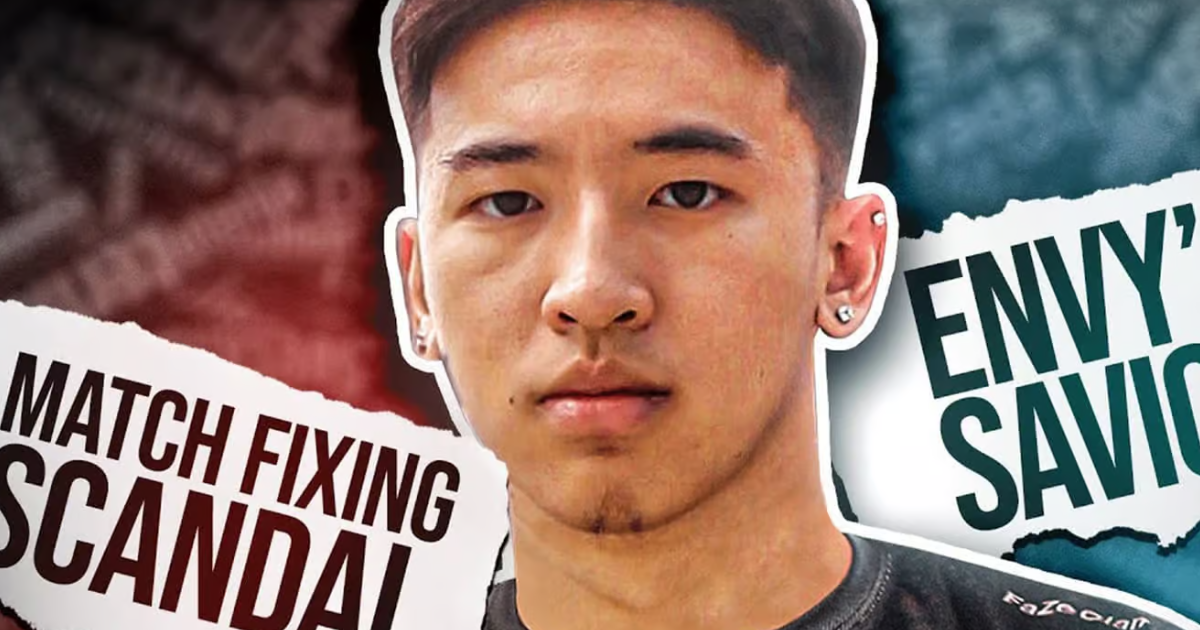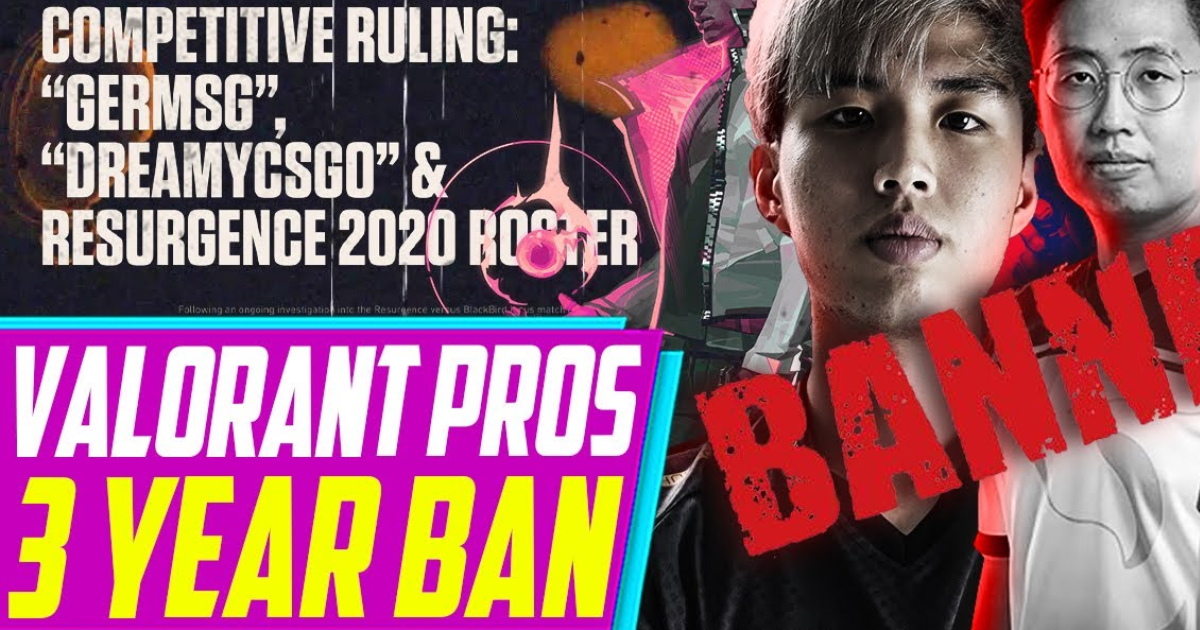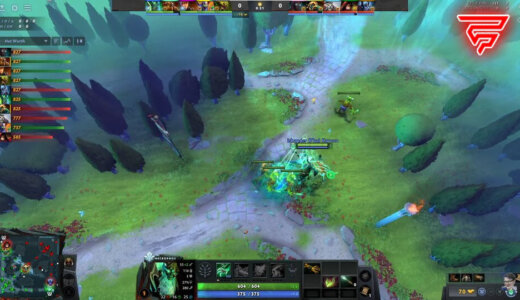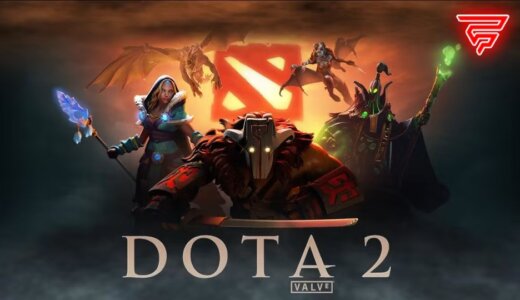Last month esports was rocked by reports of match-fixing at a professional VALORANT event. It accused players of deliberately underdelivering and losing matches they were favored to win in return for large sums of money from illegal gambling operators. Even though the particulars continue to be worked out, the incident serves to illustrate the widespread issue of match-fixing among competitive gamers.
Essentially, match-fixing is the blatant or deliberate manipulation of a match or tournament outcome through underperformance, rule violations, or other illegal means. It destabilizes the competitive integrity of the game by creating a predetermined winner, rather than recognizing skill and fair play. The reputation of players, teams, tournaments, and entire esports titles can be ruined by match-fixing allegations.
Why Does Match-Fixing Happen?
The motivation behind match-fixing is the potential for profit from gambling markets. Unregulated esports betting remains a lucrative industry with an estimated global handle of USD 2-7 billion per year. Betting against themselves at extremely high odds can make players huge profits by deliberately losing matches they are favored to win.
In addition to direct betting winnings, match-fixers may also be paid bribes or payouts from gambling syndicates that make millions by betting lines they control. Such relatively small sums can tempt even semi-professional or amateur players into believing they are generating life-changing opportunities for them.
Greed, immaturity, and lack of education around the severe consequences also enable match-fixing to occur at the younger levels of competitive gaming.
How Prevalent is Match-Fixing?
The nature of match-fixing is a clandestine activity, making precise data difficult to obtain. Yet dozens of high-profile incidents have erupted in major esports games like Counter-Strike: New York and Riot Games. It seems like a serious problem in Global Offensive, StarCraft, and DOTA 2.
Match-fixing devastated the North American Counter-Strike scene in 2014 as players from the top iBUYPOWER team were caught intentionally losing a match to cash in on illegal gambling payouts. They received lifetime bans from all Valve-sponsored events.
StarCraft legend Lee “Life” Seung Hyun was sentenced to life in 2016 after agreeing to pay around USD 60,000 to deliberately lose matches.
In 2020, DOTA 2 became the focus of a match-fixing scandal involving more than 40 professional players and coaches in an Indian betting syndicate gambling syndicate gambling scheme.
Those are just the incidents that were caught and published. The scope of match-fixing across all levels of competitive gaming remains unknown.
What is Wrong With Match-Fixing
While fans and some players consider match-fixing a relatively minor form of cheating, it embodies the heart of what makes sports and esports so compelling – the element of mystery surrounding competition and the emotional investment in watching the best competition and talent.
By predetermining outcomes, match-fixing deprives audiences of authentically played matches and undermines the accomplishments of legitimately skilled players and teams. It breaches professional players ‘contractual and legal obligations and causes irreparable damage to teams ‘reputation and sponsorship value as well as the reputation of tournaments, publishers, and the esports ecosystem as a whole.
Legal gambling markets can also be corrupted by match-fixing which can expose the competition as rigged fraud, depriving meaningful fans of meaningful fandom. Once discovered, it eviscerates all credibility in that particular competition and organizer.
Laws and Punishments for Match-Fixing
In most regions, including the U.S., match-fixing and relation corruption in sporting competitions constitute criminal fraud with potential criminal liability. However, the relatively new esports industry often exists in legal gray areas with unclear jurisdiction and underdeveloped regulations around match-fixing.
Within the gaming sphere, most major tournament organizers and developers/publishers explicitly prohibit match-fixing under the Codes of Conduct. First-time offenders typically receive multi-year competitive bans at minimum, with many companies enforcing permanent, lifetime bans for egregious violations. These defacto “career-ending” punishments reflect how seriously match-fixing threats are taken.
As esports betting grows rapidly towards a forecasted $30 billion+ annual handle, expect regulations around fraud and match-fixing to become more stringent and align with traditional sporting standards. Leading developers are already partnering with sports data companies to implement match integrity monitoring services.
Safeguarding the Future
The very popularity and mainstream emergence of esports have increased focus on match-fixing and other integrity threats from bad actors seeking to game the system. Fans, players, teams, publishers, and the entire industry must proactively collaborate to uphold competitive integrity standards through robust policies, educational campaigns, active monitoring/investigations, and deterrent disciplinary action.
Otherwise, public confidence in the authenticity of the competition will erode. The joy and drama surrounding high-stakes esports will become diminished as a rigged facade. Maintaining a commitment to demonstrating the highest levels of skill remains paramount to the sustainability and moral legitimacy of esports as the culture further transcends into the mainstream entertainment sphere.











